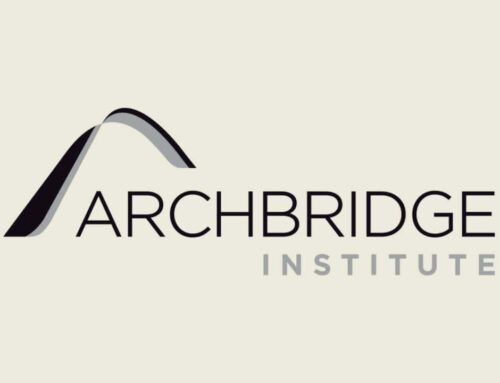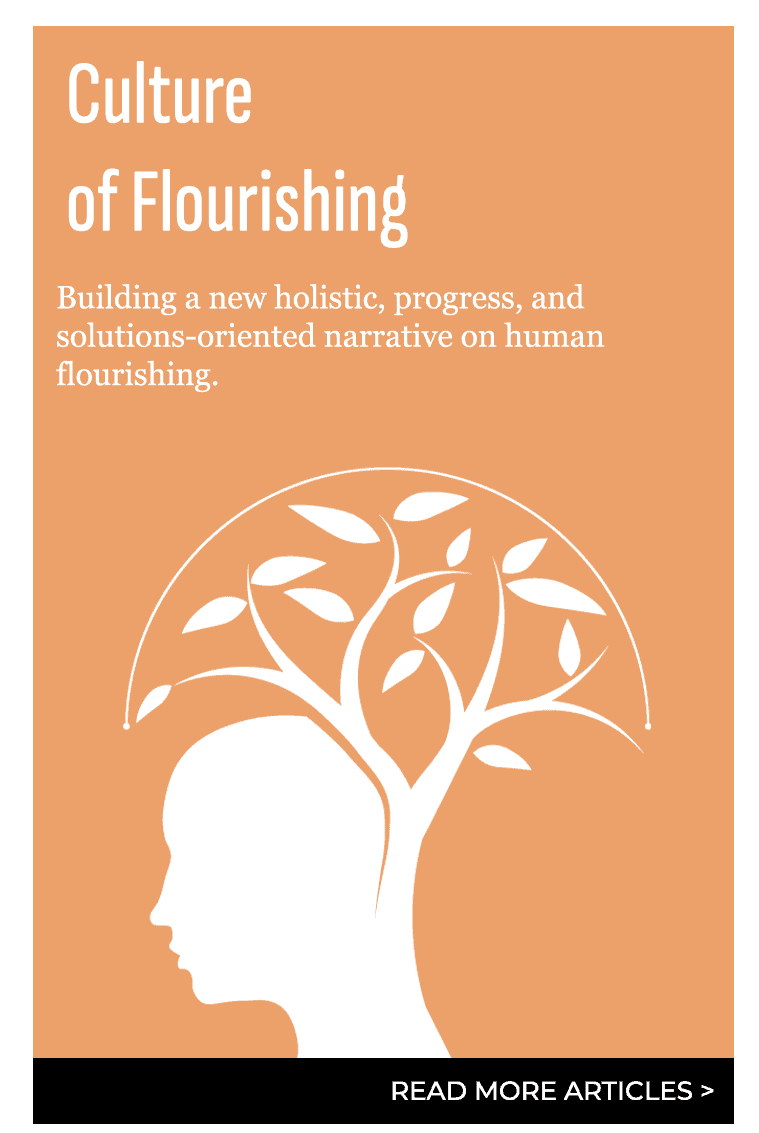
The Archbridge Institute is pleased to welcome two stellar academics and leading scholars in the field of social mobility to our Board of Academic Advisers as Senior Fellows. In our mission to lift barriers to human flourishing, we seek to collaborate with scholars who share our desire to study and remediate causal and fundamental barriers that restrict social mobility and further unjust inequalities.
For this reason, we could not think of two individuals who have done more to study and advance research in this field like Dr. James J. Heckman and Dr. Steven Durlauf. We are very excited to collaborate with them in working towards a consensus on the primary barriers to human flourishing and social mobility. Throughout their careers, and their current leadership of the Center for the Economics of Human Development at the University of Chicago, both scholars have contributed some of the most influential research in the field, often collaborating with social scientists from a multitude of academic disciplines.
As his biography states:
Dr. James J. Heckman has devoted his professional life to understanding the origins of major social and economic problems related to inequality, social mobility, discrimination, skill formation and regulation, and to devising and evaluating alternative strategies for addressing those problems. His work is rooted in economics, but he actively collaborates across disciplines to get to the heart of major problems. His recent interdisciplinary research on human development and skill formation over the life cycle draws on economics, psychology, genetics, epidemiology, and neuroscience to examine the origins of inequality, the determinants of social mobility, and the links among stages of the life cycle, starting in the womb.
In 2000, Heckman shared the Nobel Prize in Economics for his work on the microeconometrics of diversity and heterogeneity and for establishing a sound causal basis for public policy evaluation. He has received numerous other awards for his work, including the John Bates Clark Medal of the American Economic Association in 1983, the Jacob Mincer Award for Lifetime Achievement in 2005 from the Society of Labor Economics, the 2005 and 2007 Dennis Aigner Award for Applied Econometrics from the Journal of Econometrics, the Ulysses Medal from the University College Dublin in 2006, the 2007 Theodore W. Schultz Award from the American Agricultural Economics Association, the Gold Medal of the President of the Italian Republic, awarded by the International Scientific Committee of the Pio Manzú Centre in 2008, the Distinguished Contributions to Public Policy for Children Award from the Society for Research in Child Development in 2009, and the Frisch Medal from the Econometric Society in 2014 for the most outstanding paper in applied economics published in Econometrica in the previous five years. He is also a recent recipient of a NIH MERIT award.
In deciding to join the Board of Academic Advisers for the Archbridge Institute, Dr. Heckman notes, “I am pleased to work with Archbridge to foster genuine knowledge and not just headlines.”
Dr. Heckman has a BA (1965) in Mathematics from Colorado College and an MA (1968) and PhD (1971) in Economics from Princeton University. He has been at the Department of Economics at the University of Chicago since 1973. He was one of the founders of the Harris School of Public Policy, where he also has an appointment. Since 1991, he has been a research fellow at the American Bar Foundation and also holds an appointment at the Law School at the University of Chicago. In May 2014, he launched the Center for the Economics of Human Development at the University of Chicago which he directs. He is a member of the National Academy of Sciences, USA; a member of the American Philosophical Society; a fellow of the American Academy of Arts and Sciences; the American Association for the Advancement of Science; the Econometric Society; the Society of Labor Economics; the American Statistical Association; the International Statistical Institute; and the National Academy of Education. He has received numerous honorary degrees, most recently from University College London in 2013, and is a foreign member of Academica Sinica and the Brazilian Academy of Sciences.
Dr. Steven N. Durlauf’s research spans many topics in microeconomics and macroeconomics. His most important substantive contributions involve the areas of poverty, inequality, and economic growth. Much of his research has attempted to integrate sociological ideas into economic analysis. His major methodological contributions include both economic theory and econometrics. He helped pioneer the application of statistical mechanic techniques to the modelling of socioeconomic behavior and has also developed identification analyses for the empirical analogs of these models. His other research has focused on techniques for monetary policy evaluation. Durlauf is also known as a critic of the use of the concept of social capital by economists and other social scientists and has also challenged the ways that agent-based modelling and complexity theory have been employed by social and natural scientists to study socioeconomic phenomena.
Prior to joining Harris, Durlauf was the William F. Vilas Research Professor and Kenneth J. Arrow Professor of Economics at the University of Wisconsin-Madison. Durlauf is also a research associate at the National Bureau of Economic Research. He has held previous positions at Stanford University; University of California, Los Angeles; Pontifical Catholic University of Rio de Janeiro; the Santa Fe Institute; and the Federal Reserve, among others.
Discussing his collaboration with the Archbridge Institute, Dr. Durlauf explains, “I am excited and appreciative of the opportunity to work with the Archbridge Institute to produce scientifically compelling evidence on the nature and determinants of mobility. Such evidence is the life blood of successful policy interventions.”
Durlauf earned a B.A. in Economics from Harvard University in 1980 and a M.Phil., M.A., and Ph.D. in Economics from Yale University in 1986.



